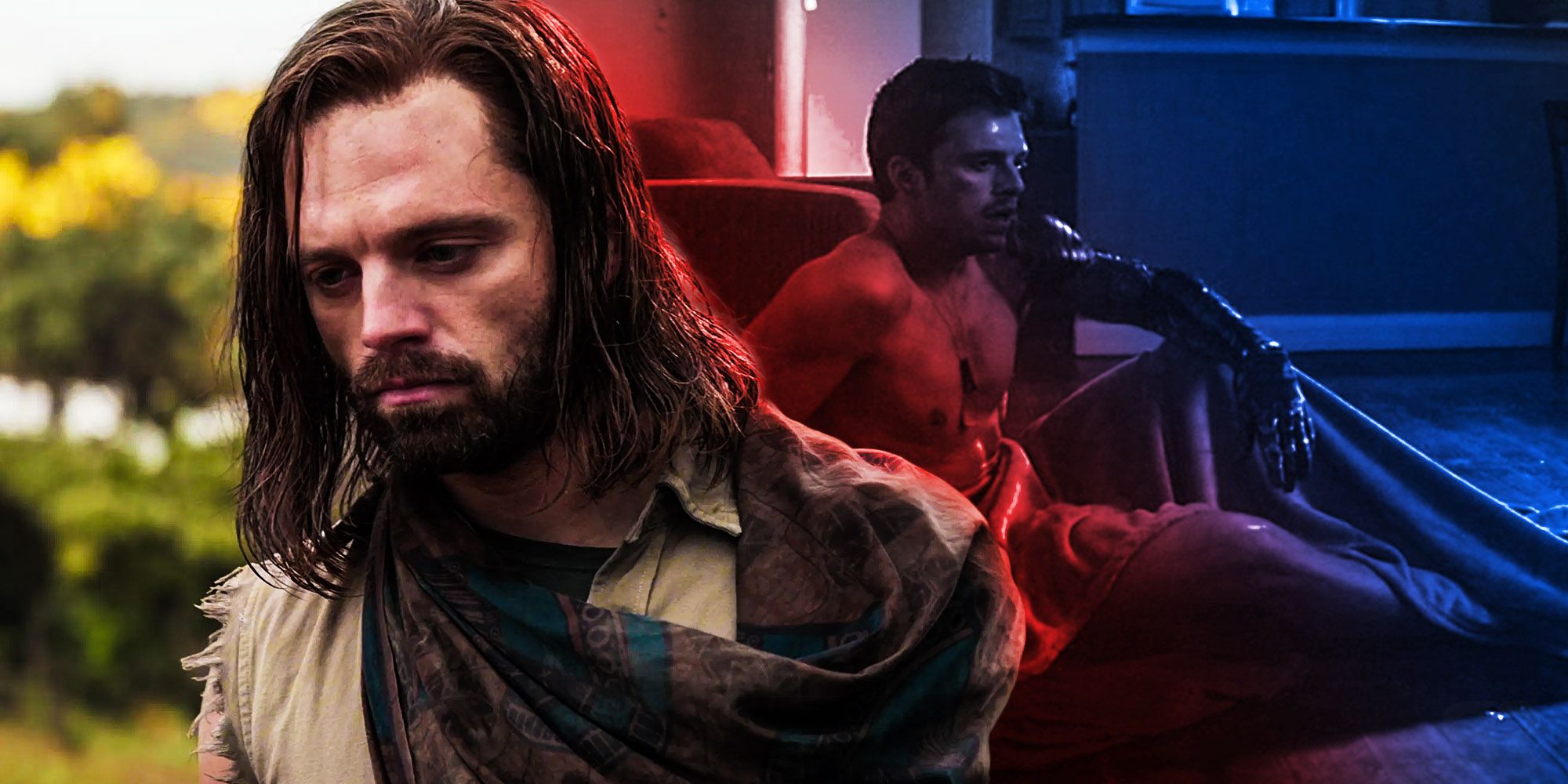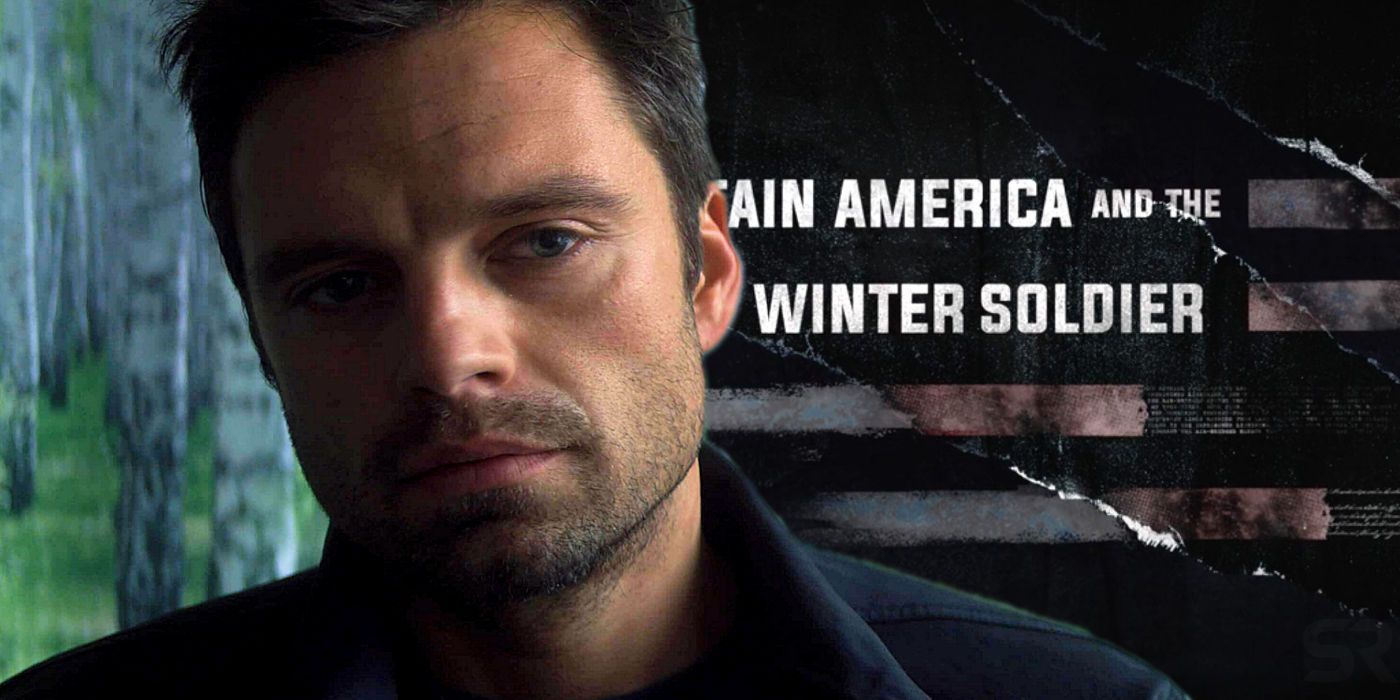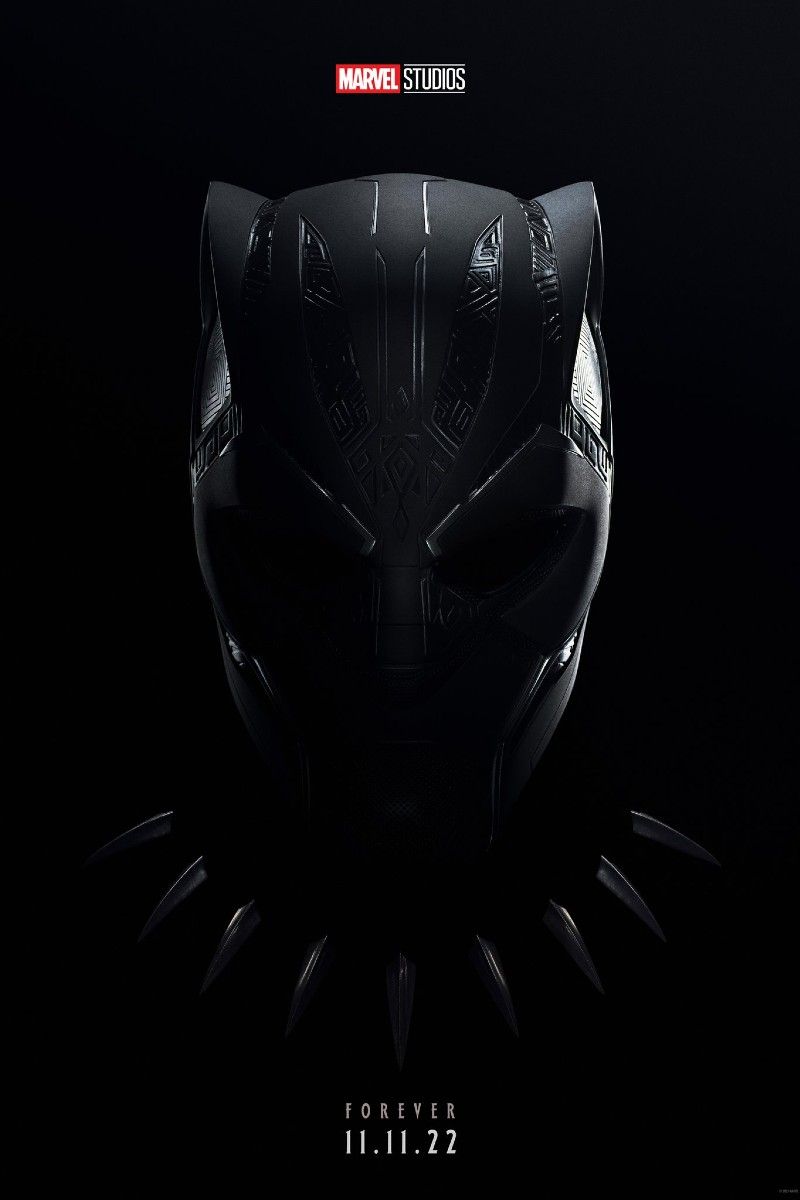There has been debate about The Falcon and the Winter Soldier's decision not to change Bucky's name from Winter Soldier to White Wolf in the title card of the finale, but it was the right decision. In the Falcon and Winter Soldier finale, the final title card switched to "Captain America and the Winter Soldier," prompting fans to question why Sam Wilson got his codename change from Falcon to Captain America, but Bucky Barnes, who was ostensibly the co-lead and went through his own arc, did not receive a new moniker to indicate the work he'd done in shedding his old Winter Soldier persona and leaving the past behind.
A number of audiences disagreed with the decision, feeling it slighted Bucky and undermined his progress. Others viewed it as an acknowledgment of a criticism some have had with the series in that though it was touted as a true two-hander with two co-leads, it was really Sam Wilson's series with Bucky playing second fiddle. What had started out as a promising character arc was mostly dropped in favor of Sam's struggle to accept becoming the first Black man to be Captain America, and the Flag-Smashers plot. In the end, viewers felt, Bucky was still treated like a sidekick rather than the co-lead he was supposed to be, and the lack of acknowledgment in the form of his codename changing to White Wolf seemed to prove it.
The Falcon and the Winter Soldier was right not to change his name, however. Not yet, at least. Part of that is precisely because the series dropped Bucky's arc in regard to therapy and his personal, internal work to lay to rest the ghosts of his past and atone for his sins. If Bucky's codename remaining Winter Soldier means there's still some of the old assassin lurking within, that's a good thing. As Bucky himself said in the first episode, "I went from one fight to another for 90 years." That means 90 years of trauma and PTSD for Bucky to unravel. That's not something a person, even a fictional character, gets over in a few months, and certainly not after abandoning their therapist and stepping into another fight. Had Marvel declared him miraculously "cured," free of his PTSD and over his Winter Soldier past, that would have done a disservice to Bucky, the lingering impact of PTSD, and the veterans working to overcome it in reality.
That's not to say that Bucky hasn't made any progress, however. He certainly has, and it's evident in the way The Falcon and the Winter Soldier showed Bucky flashing his first genuine smile in the MCU since before he went off to war in the 1940s. He took major steps toward atoning for his actions in making amends to the people he'd hurt. He started to let go of Steve Rogers – or, at least, the idea that Steve defines who he is. And he opened up enough to let Sam truly in; for years, Bucky had kept Sam at a distance, either fearing to get too close or because he was rattled by Sam's close friendship with Steve. The Bucky who emerged in the finale of The Falcon and the Winter Soldier was certainly different than the morose, nightmare-plagued Bucky who entered the premiere episode.
Still, that doesn't mean the work is done. Bucky may have taken the first steps toward healing but he still has a long way to go before he can truly be free of his self-loathing and embrace the person he's become. By not changing his name, it indicates that Marvel understands it can't wrap up such a fraught and complex topic so neatly and easily. It also hints that the MCU may revisit Bucky's relationship with the Winter Soldier in a future story, something that director Kari Skogland foreshadowed. Whether that's in The Falcon and the Winter Soldier season 2 or a future movie remains to be seen, however.










